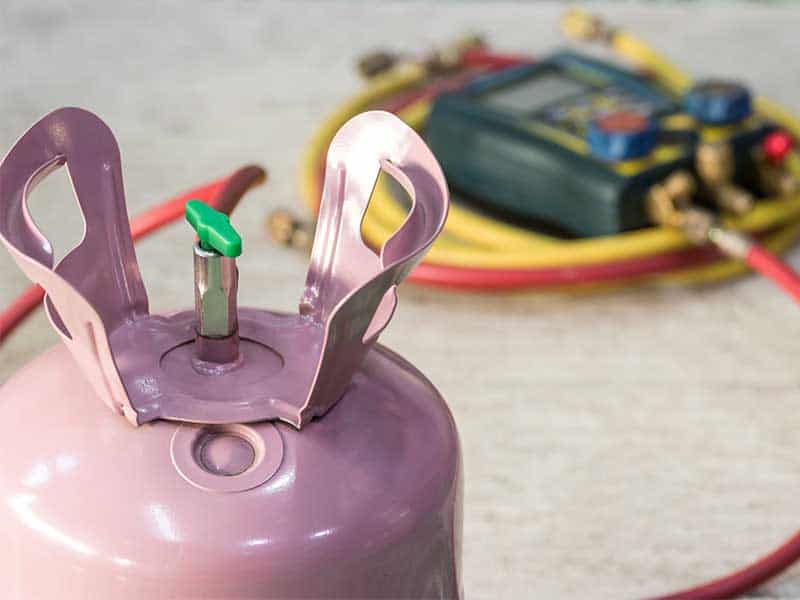
Whether you have a new boiler, a restored boiler, or one that has been operating in your facility for years, you are required by New York State law to have it inspected annually.
Different Types of Inspections
Depending on the type of condensing boiler you have in your facility, you are required to have different tests performed on it. Regardless of your boiler type, an NYC annual boiler inspection is inevitable. If you’re unsure what type of boiler you have in your facility, your facility maintenance manager or HVAC specialist can help. Commercial buildings and multi-family residential buildings are required to undergo these inspections.
New or Restored Boiler – A new boiler is easy. If you purchased the condensing boiler new from the manufacturer and installed it in your facility, it’s considered new. Restored condensing boilers are more complicated. A restored boiler is defined as having at least 50 percent of its components replaced or restored. Whether you have a new or restored boiler, you’re required to have what’s called a “first test inspection.” After this test, these boilers undergo the same annual testing listed below.
Once this is complete, verifying your boiler is operating safely in your facility, you won’t be required to go through another inspection in the same year. This test is required to obtain a license to operate a facility. In other words, no one can live or work in your facility until this inspection has been conducted.
Low-Pressure Boilers – These boilers need to undergo annual inspection if they are operating in a commercial, industrial, or six-unit residential facility. Inspections can cause some system downtime. Keep that in mind when scheduling your inspection.
High-pressure Boilers – High-pressure condensing boilers are a bit more complicated and require two NYC boiler inspections—external and internal. The external test involves minimal system interruption or downtime. However, during the internal test, the system will need to be shut down.
Why Have Your Boiler Inspected?
The most obvious reason to have your boiler inspected is to remain in compliance with New York law. For every month your inspection is delayed, you will be fined $50. This may seem minor, but the cost adds up, especially for large industrial, commercial, and even residential facilities that have multiple boilers.
Other benefits go along with HVAC and plumbing preventive maintenance in general. Regular inspections ensure your system is operating efficiently. This reduces utility costs and can even extend the life of your system.
Fundamentally, though, the key is peace of mind. If you know your boiler is operating safely, it’s one less thing to worry about. Operating a facility involves a number of moving parts, so minimizing complications is a major incentive.
When Is the NYC Boiler Inspection Deadline?
The inspection cycle is based on the calendar year and the last time your system was inspected. As long as you have your boiler inspected on or before one year from the last inspection date, your system will remain compliant. For high-pressure boilers, the internal and external tests can be completed on different dates.
Having your condensing boiler inspected annually ensures compliance with the law, safe use, and efficient operation.
How to Have Your Boiler Inspected
It’s easy to make sure you hit your NYC boiler inspection due date. By working with HVAC professionals who get to know your facility and remain partners year after year, it’s easy to remain compliant. React Industries ensures your condensing boiler is inspected and meets operational requirements each year as a part of an ongoing maintenance and inspection schedule.
Your condensing boiler is just one aspect of your HVAC and plumbing systems. We have the expertise to ensure that each component, from boilers and chillers to ductwork and other equipment, is all operating harmoniously. This reduces future repair costs and can even lower your monthly electric and gas bills.
We’re also experts in all other NYC laws as they apply to HVAC systems. Reach out to us today to schedule an inspection and remain compliant.